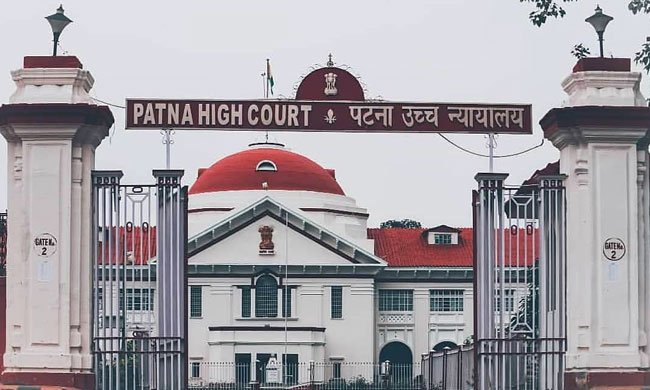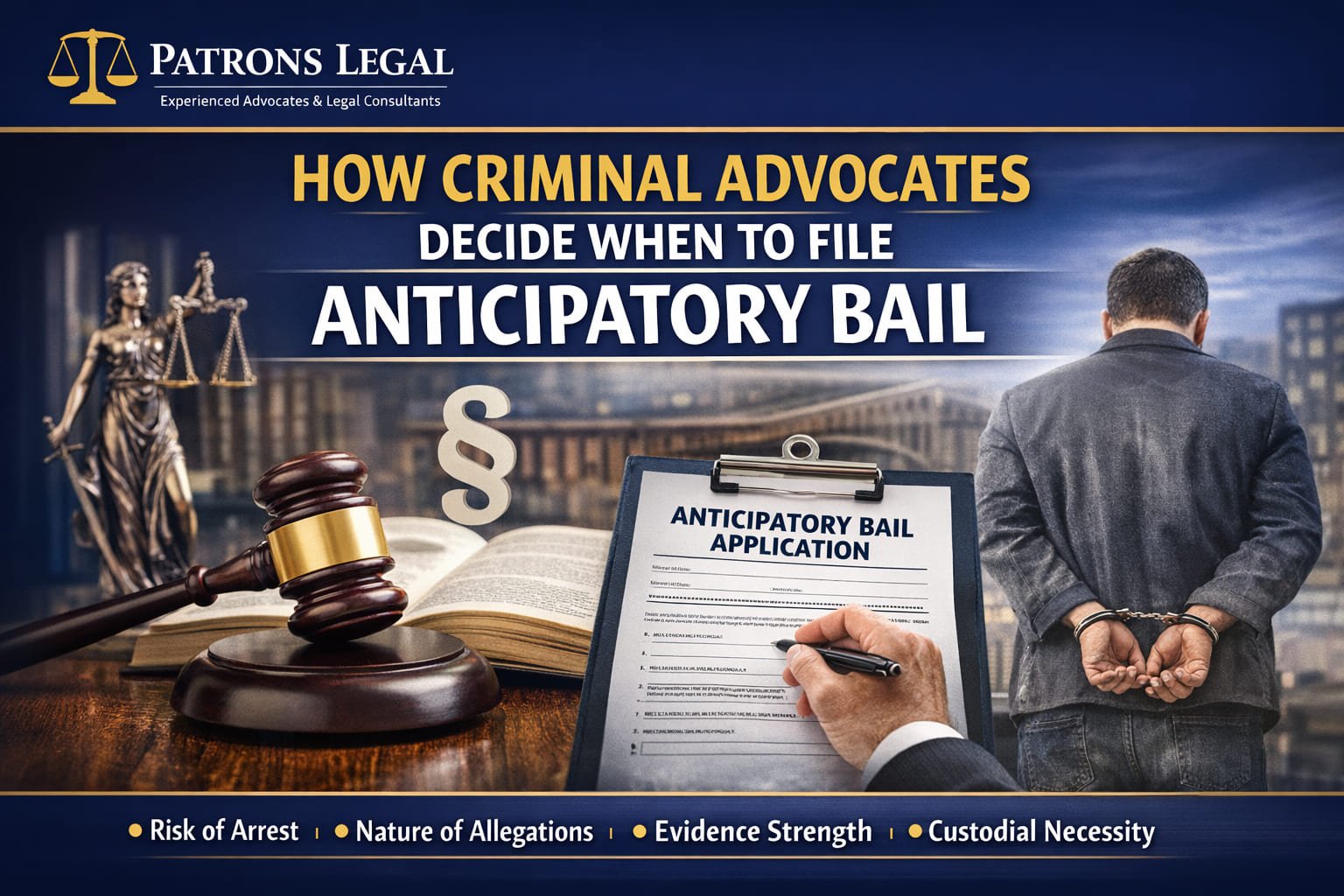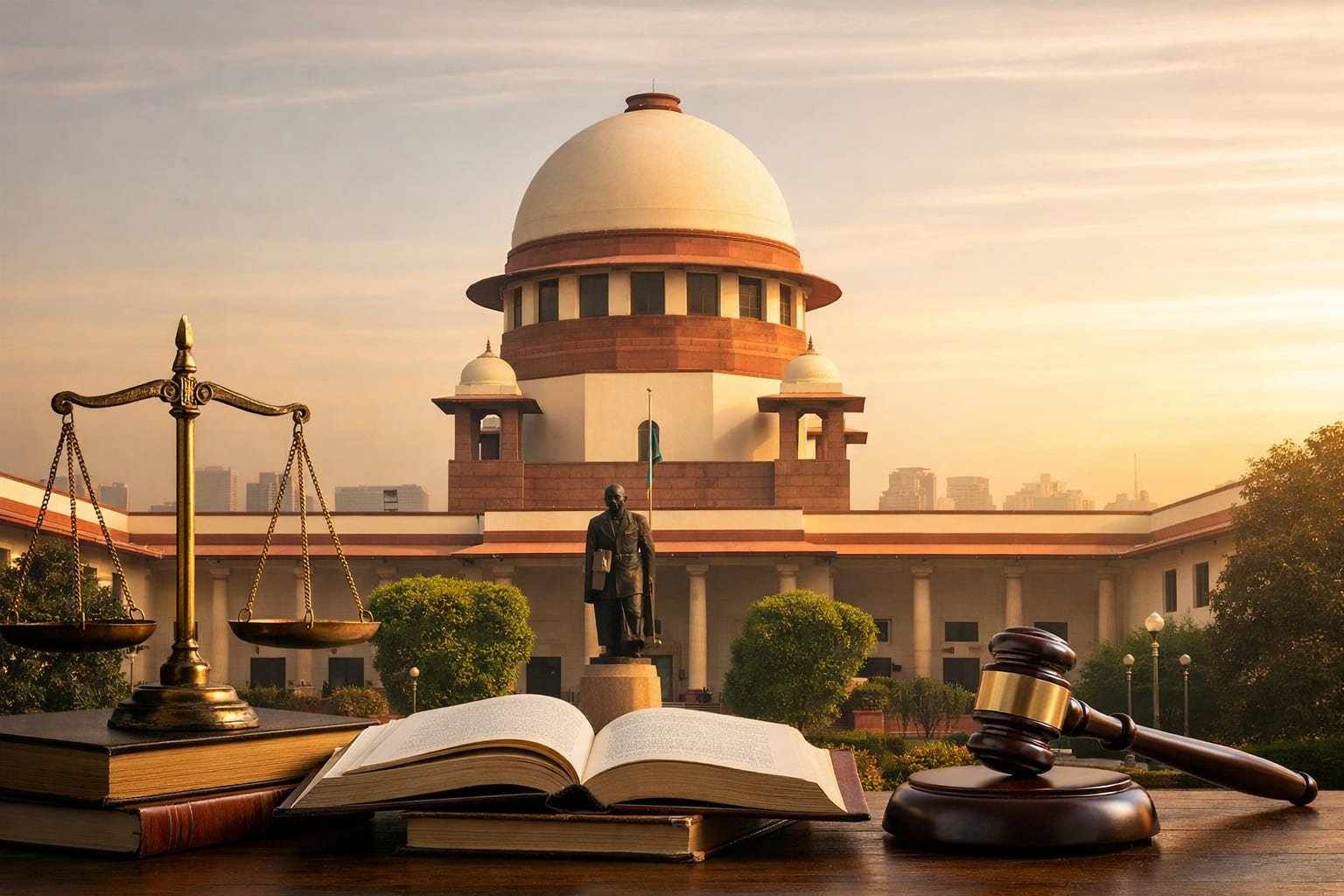A complaint was lodged against the accused on 2nd December 2021 by the victim’s mother accusing the accused of taking advantage of her daughter and committing the offense of rape. The crime occurred on 1st December 2021 and the case was registered under Section 376AB of the Indian Penal Code, 1860, and Section 4 of the Protection of Children from Sexual Offences Act, 2012 read with Section 3(2)(v) of the Scheduled Caste and Scheduled Tribe (Prevention of Atrocities) Act, 1989. The accused was arrested on 12th December 2021 and was put under Judicial custody until 24th December 2021. The remand was further extended by the orders dated 24th December.2021 and 05th January 2022 through video conferencing. A chargesheet was filed on 12th January 2021.
An application was filed by the Investigating Officer to record the testimony of four witnesses in a single day, citing confidential information about familial pressure on the witnesses. This application was processed without notifying the accused or his counsel and without adhering to the Witness Protection Scheme, 2018, or the Rules for Video Conferencing for Courts, 2020. On 24th January 2022, the remaining witnesses including the investigating Officer were examined.
On 27th January 2022, the court imposed the death penalty on the accused. The High Court upon review found that there was no compliance by the trial with sections 207, 226, 227, and 230 of the CrPC, and overturned the conviction and sentence, ordering a retrial.
A criminal appeal was filed by the appellant and the learned trial court judge challenging the High Court’s order for a retrial.
The counsel appearing for the appellant and the learned trial court judge argued that the procedure established by the law was duly followed. The appellant has considered Section 309 of the CrPC, 1973 read with the provisions contained under the POCSO Act, 2012. They argued that considering the directive path outlined in Section 465 of the CrPC, there is no need for a retrial.
The counsel appearing for the accused and the High Court argued that the judgments given by the trial court judge were presented hastily. The accused at every stage of the trial was not given the right amount of opportunity to defend himself. The counsel also argued that it is impractical to give a judgment in such a short period.
The court ordered the trial court to conduct a retrial by following the mandates under the POCSO Act, emphasizing the need for a balanced and fair judicial process. The trial court shall conduct and complete the trial expeditiously given Section 35 of the POCSO Act, 2012. The court also asked the Government of India to consider a comprehensive sentencing policy and report within 6 months of the judgment.
Summary
In the landmark case of Sunita Devi vs. State of Bihar and Ors., the legal landscape witnessed a significant shift. The case revolved around allegations of custodial violence and abuse, highlighting systemic flaws within law enforcement agencies. Sunita Devi, the petitioner, bravely stood against the State of Bihar and other respondents, seeking justice for the brutal treatment she endured while in custody. With the aid of dedicated criminal lawyers, she meticulously presented evidence of her mistreatment, sparking national outrage and shedding light on the urgent need for judicial reform. The verdict not only held the perpetrators accountable but also set a crucial precedent for safeguarding the rights of individuals in police custody. Sunita Devi’s case serves as a powerful reminder of the importance of legal advocacy in upholding justice and protecting human rights.








Leave a Reply